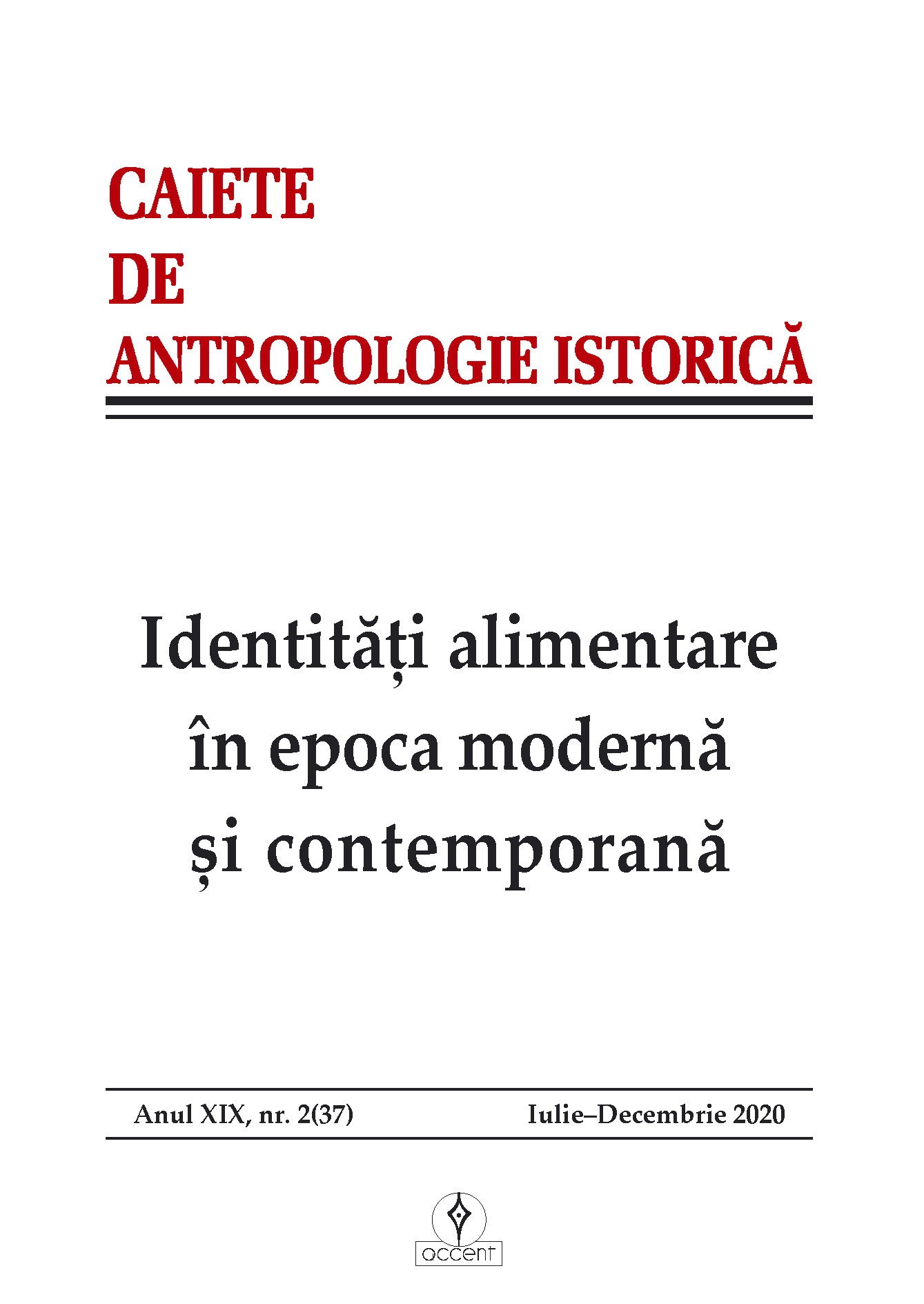Pitorescul cuvântului scris în Banatul istoric. Pe urmele plugarilor condeieri
Picturesque writing in Historical Banat. Following the trail of ploughmen writers
Author(s): Vlad BarangăSubject(s): Cultural history, Local History / Microhistory, Cultural Anthropology / Ethnology, Interwar Period (1920 - 1939)
Published by: Accent Publisher
Keywords: Banat; cultural regionalism; peasant culture; the interwar period; journalism;
Summary/Abstract: The study presents aspects of a unique phenomenon in the historical Romanian space: the activity of the Banat ploughmen, intellectual peasants, who wrote and published prose, poetry, theater and created widely circulated village newspapers. The roots of this phenomenon are identified in the particular cultural and economic context of the region. The peasants of Banat published literature even before 1918, but the apogee of their activity was reached in the interwar period. These authors wanted to educate and give a voice to the ploughmen of Banat, disappointed by the Union, who felt lied to, stolen and mocked by the central authorities. Despite the harshness of the message and a strong cultural regionalism, the goals of the ploughmen were not separatist. Along with social and political issues, the journalists from Banat paid a lot of attention to scientific and technological progress. At the same time, the superstitions and naive images about the world that emerge from their writings lead to interesting and amusing contrasts. The ploughmen writers were in contact with personalities of the time, such as Vasile Goldiș or Petre Nemoianu. In the archive inherited from a peasant author, I have identified a largely unpublished correspondence referring to such personalities. The study makes a short presentation of some unpublished manuscripts, which are impressive both in terms of content and of original aesthetic aspect. A particularly interesting document is a Banat dialect dictionary, compiled at the request of Gabriel Ţepelea, but left unpublished after the death of the peasant author. A few more unusual ploughmen are briefly presented - for example, the peasant with the most beautiful library in the country, visited by Dimitrie Gusti himself, Minister of Education in the interwar period. The installation of the communist regime marked the end of the era of the ploughmen, who – with few exceptions – did not publish anymore and were ignored by the cultural and intellectual elite. Nowadays, the phenomenon remains almost unknown, and the cultural riches inherited from these village intellectuals are not valued.
Journal: Caiete de Antropologie Istorică
- Issue Year: 2020
- Issue No: 37
- Page Range: 169-187
- Page Count: 19
- Language: Romanian

